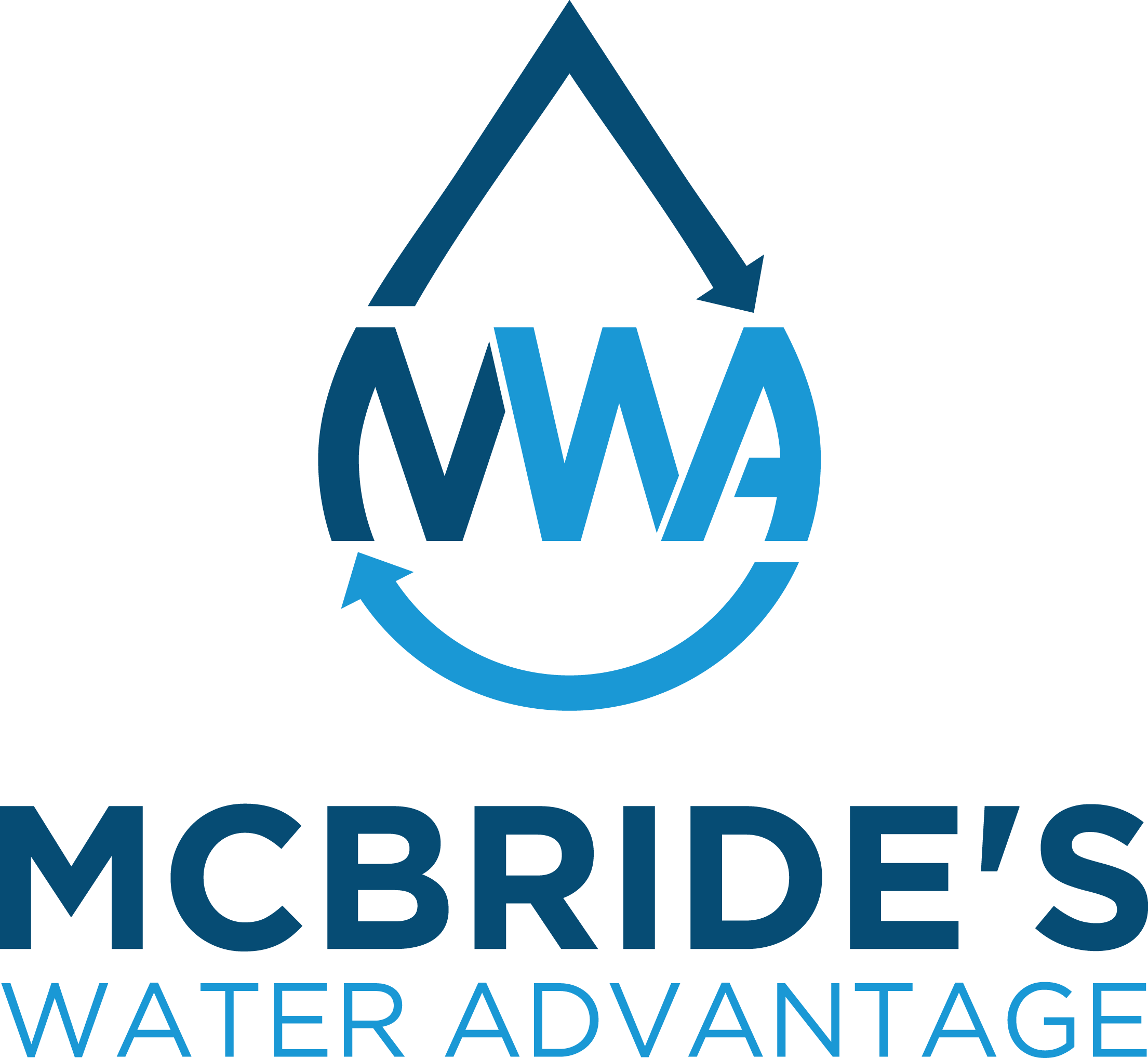 Whether or not you realize it, you’ve likely consumed water that contains chlorine, chloramine or a combination of both of them. That’s because chlorine and chloramine are the two disinfectants that are most commonly used by water treatment plants across the country. Although these chemicals are effective at what they do, they are still chemicals and they are not entirely free of consequences. Today we’re going to talk about why chlorine and chloramine are added to water, the health effects that they can cause and what you can do to remove the disinfectants from your home’s water!
Whether or not you realize it, you’ve likely consumed water that contains chlorine, chloramine or a combination of both of them. That’s because chlorine and chloramine are the two disinfectants that are most commonly used by water treatment plants across the country. Although these chemicals are effective at what they do, they are still chemicals and they are not entirely free of consequences. Today we’re going to talk about why chlorine and chloramine are added to water, the health effects that they can cause and what you can do to remove the disinfectants from your home’s water!
Why are chlorine and chloramine added to tap water?
The water that comes out of your taps originates somewhere out in the environment. Whether it comes from a lake, a river or a private well, water needs to be disinfected before it can be consumed. For many years now, chlorine and chloramine have been added to public water supplies by water treatment plants in order to kill viruses, bacteria and pathogens that could otherwise spread life-threatening waterborne illnesses. The chemicals are also often used to disinfect private wells.
Water treatment plants carefully monitor the amount of chlorine and chloramine that’s added to water supplies in order to keep the chemicals within what the EPA considers to be a “safe level.” However, even at low doses, water that contains chlorine and chloramine can raise some serious health concerns.
What are the health effects of chlorine and chloramine in water?
When chlorine or chloramine are added to water, they interact with the organic matter that’s present in the water and create chemical compounds called trihalomethanes (THM’s). THM’s are not only dangerous when found in high levels, but also after chronic exposure to low levels of the chemicals over a long period of time.
Studies have linked the consumption of chlorine, chloramine and/or THM’s in water with an increased risk of the following adverse health effects:
- Bladder, kidney and rectal cancers
- Birth defects
- Liver malfunctions
- Weakened immune system
To make matters worse, chlorine and chloramine are not only problematic when they are consumed in drinking water. When you take a shower in water that contains the chemicals, the water vapor that you breathe in can cause the same health effects listed above, in addition to other problems like an increased likelihood of developing asthma.
How to benefit from chlorine and chloramine without the negative side effects
It seems like we’re faced with a double-edged sword: chlorine and chloramine are very powerful disinfectants, but they can also adversely affect our health. Luckily, there’s a way to have the best of both worlds: installing a residential water treatment system!
With a water filtration system in your home, you can benefit from the disinfecting powers of chlorine and chloramine right up until the point that the water reaches your home. Then, your filtration system can take over by removing the chemicals and their byproducts from your water before it reaches your taps. A whole house system is the best choice for removing chlorine and chloramine because they will treat the water that you use for both drinking and showering.
If you have any questions about chlorine and chloramine in water, or if you’d like a water system serviced or installed in your home, contact McBride’s Water Advantage, your water softener and water filtration system dealer in Epsom, NH. We provide service all over New Hampshire, including towns like Pembroke, Concord and Alton, NH.
photo credit: adamberose via photopin (license)
